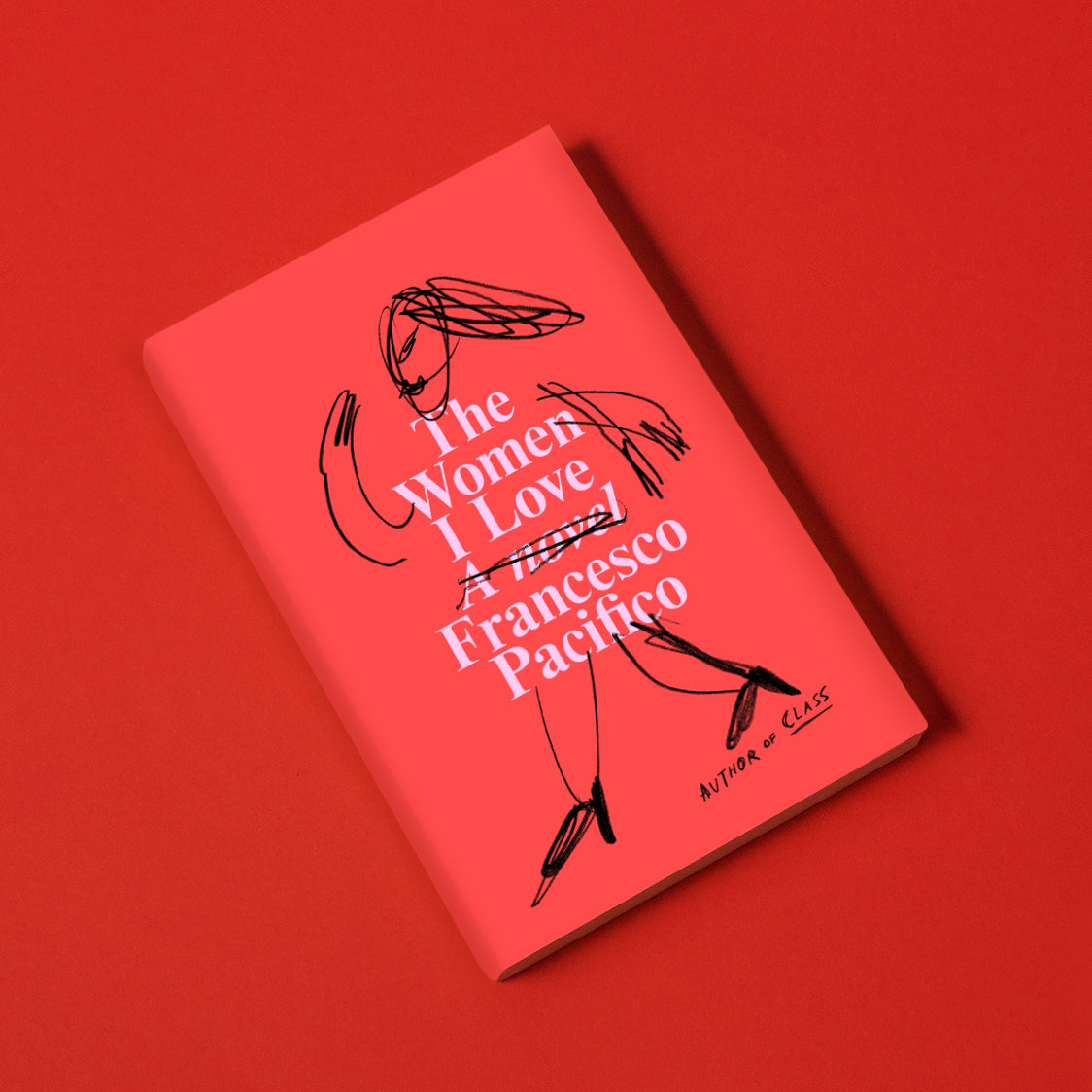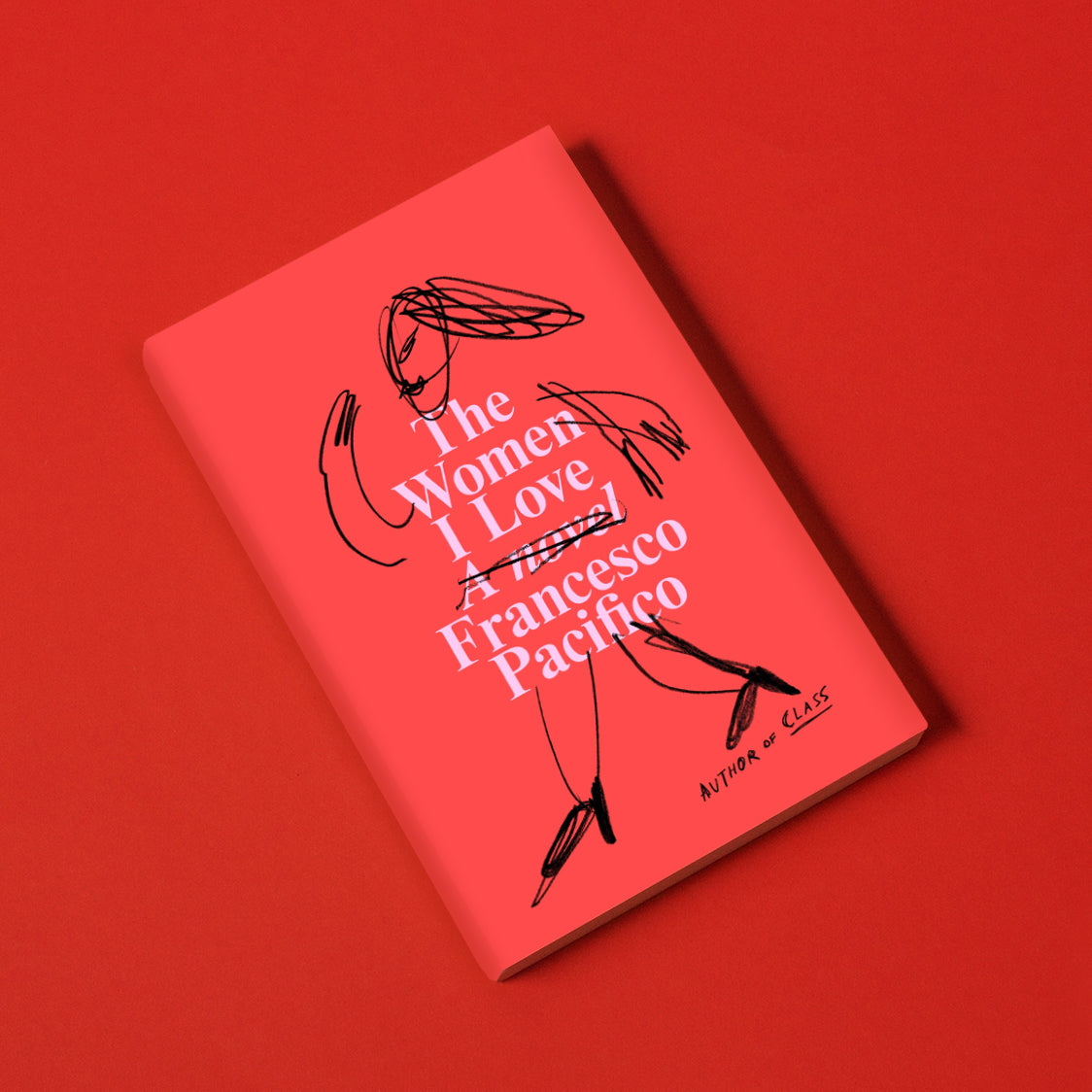The Women I Love, by Francesco Pacifico
Couldn't load pickup availability
A provocative and bracing send-up of modern masculinity, from the author of Class and The Story of My Purity
Marcello, an editor and poet, is on the brink of his forties. Like everyone in his life, including his sister-in-law, he’s writing a novel. This novel. This novel will be about women. Love. Growing older. Maybe even taking responsibility. But unfortunately for Marcello, the women in his life resist definition. They flit and flicker constantly between archetype and actuality: sirens and saviors, subordinates and savants, vixens and villains.
So Marcello cannot write plainly about love. Instead, he tries to write into the complexities of his many relationships: Eleonora, the junior editor, his former protegeé and sometime lover; Barbara, his claustrophobic girlfriend; his estranged gay sister; his elegant mother.
Fresh, frank, and painfully cool, Francesco Pacifico’s The Women I Love dives nakedly into gender, sex, and power. Set in a vivid and alcoholic Italy, it acknowledges and subverts the narrow ways canonical male writers gaze at, and somehow fail to see, women—illuminating the possibility of equity between people in love, in bed, in work, and in life.
Praise for The Women I Love
“Razor-sharp and mordantly funny, Pacifico's savage and startlingly, unsettlingly tender new novel is a masterful ode of the different forms of love, attachment, and obligation that hold us and, occasionally, hold us back.” —Alexandra Kleeman
“Italy’s most thought-provoking writer tackles the horror that is human relationships with style, humor and verve.” —Gary Shteyngart
“Francesco Pacifico’s The Women I Love is a brutally honest compendium of the feelings and moments that too often get left out of the contemporary novel, a funny and surprisingly tender reckoning with sex, money, family life, and publishing. Reading it, I felt seen, and indicted.” —Andrew Martin
“The Women I Love is an intricate, elegant, unstinting novel that trains its acute, hyper-aware attention on complexities of gender and class. Francesco Pacifico has written a male confessional like no other, in which the narrator—Marcello, who thinks of himself as a great lover of women—gives us a catalogue of the women who have shaped him, much like Fellini does in 8 ½. But Pacifico’s Marcello surprises us with his honesty and his exacting self-critique. He dissects the classic entitled male, moving from condescension to humility, from objectification to compassion.” —Dana Spiotta


